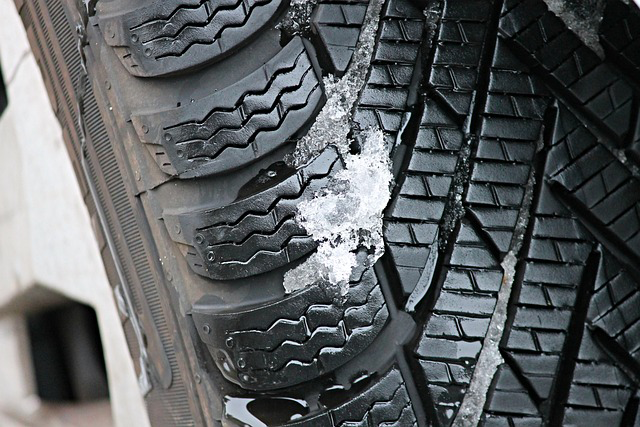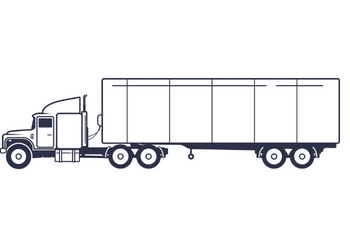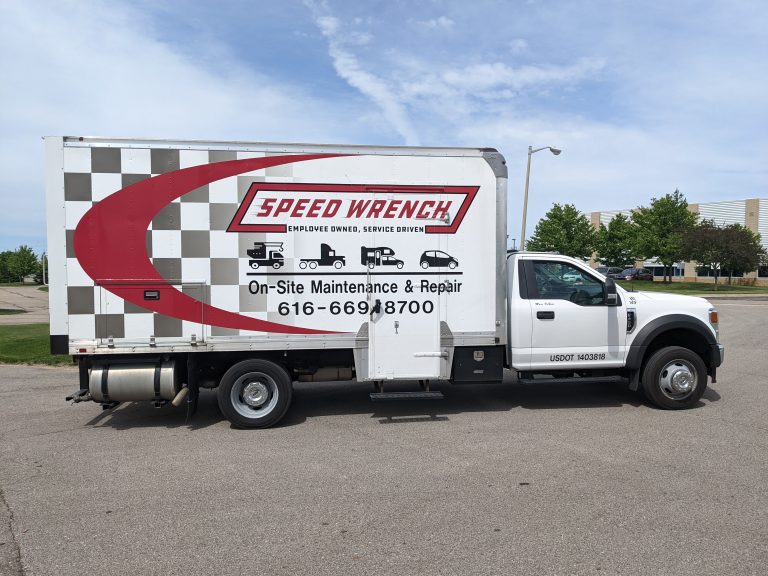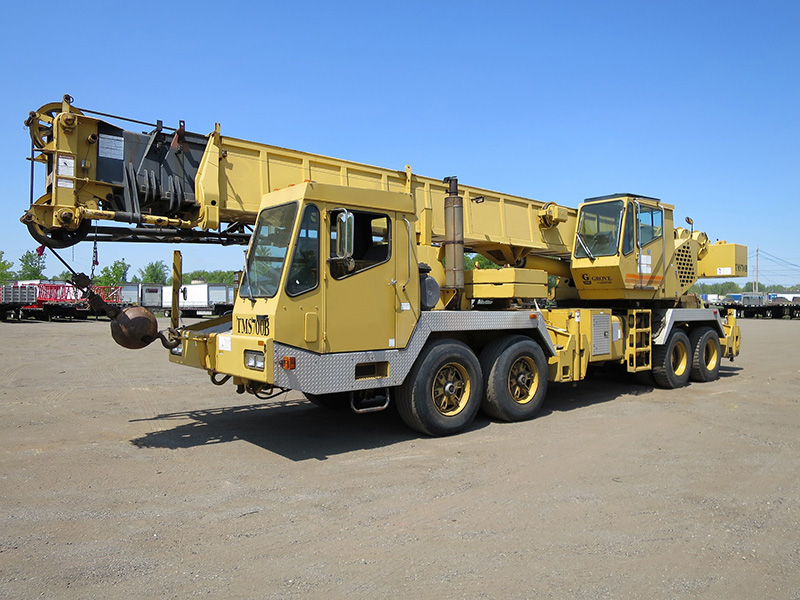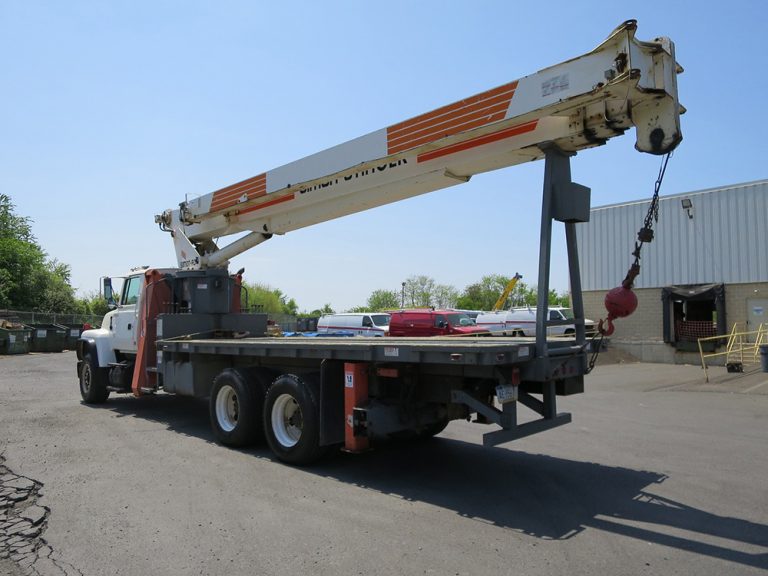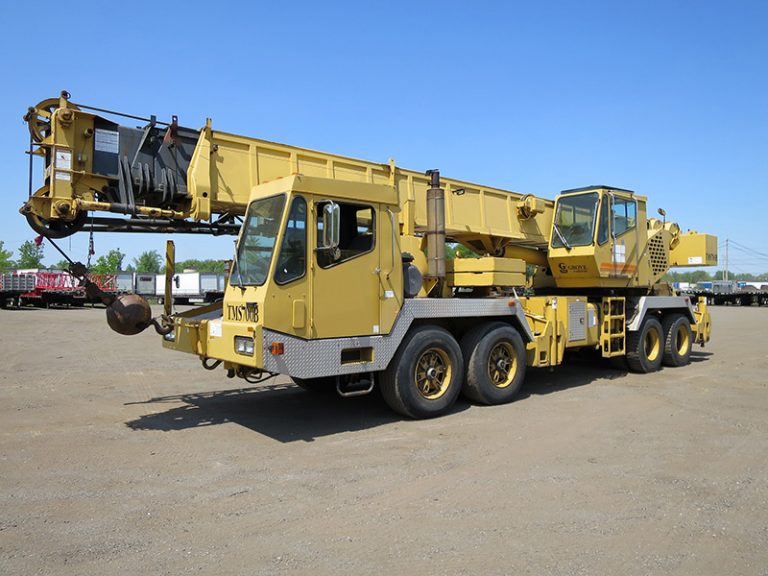
Bus Repair Services Near Grand rapids, MI
Effective bus repair services and maintenance plays a crucial role in ensuring the safety, reliability, and longevity of the vehicles.
It is an integral aspect of fleet management that contributes to the overall efficiency of public transportation systems.
Regular maintenance helps identify and address potential issues before they escalate, minimizing breakdowns and disruptions in service.
This proactive approach not only enhances passenger safety but also extends the operational life of buses, optimizing the return on investment for transit agencies.
Key elements of bus maintenance include routine inspections, timely repairs, and adherence to manufacturer specifications.
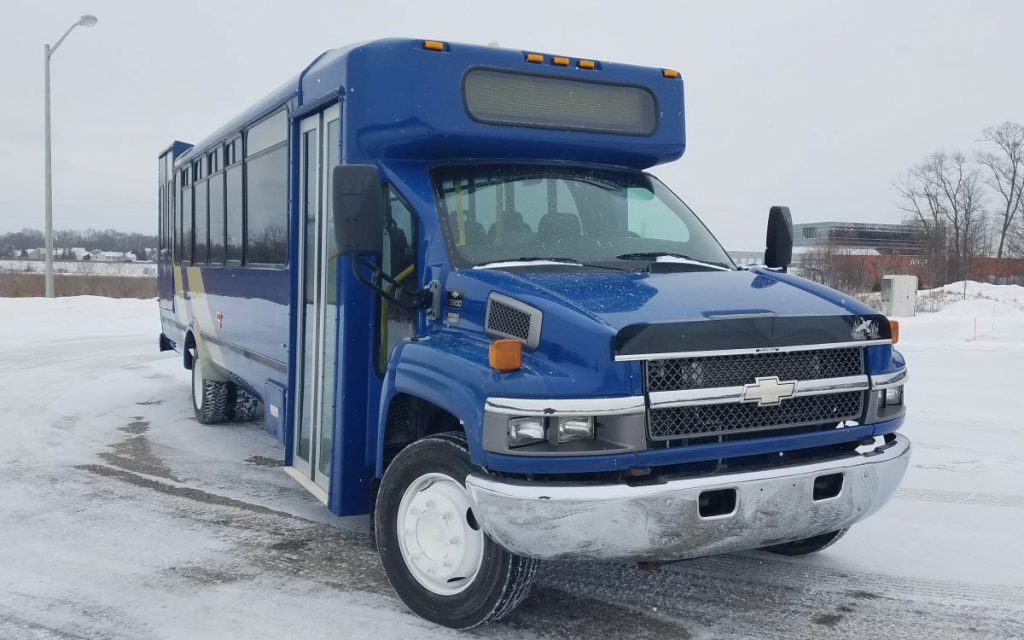
Overview of Common Issues Affecting Buses
Lack of Regular Oil Changes
Importance of Oil Changes
Regular oil changes are critical for maintaining the health and performance of a bus engine. Engine oil serves as a lubricant, reducing friction among moving parts and preventing wear and tear. It also helps dissipate heat, keeping the engine within optimal temperature ranges. Over time, engine oil degrades, becoming less effective in its lubricating and cooling functions. Failure to change the oil at recommended intervals can lead to increased friction, heat buildup, and potential engine damage. Routine oil changes are a proactive measure to ensure the longevity and efficiency of the bus engine.
Recommended Oil Change Intervals
The recommended oil change intervals for buses depend on factors such as the type of oil used, the operating conditions, and the manufacturer’s guidelines. Generally, conventional wisdom suggests changing the oil every 3,000 to 5,000 miles for traditional oil and extending this interval to 7,500 to 10,000 miles for synthetic oil. However, it is crucial to refer to the bus manufacturer’s specifications and follow a preventive maintenance schedule tailored to the specific needs of the fleet.
bus Overheating Issues
Checking and Maintaining Coolant Levels
Overheating is a common issue that can lead to severe engine damage if not addressed promptly. Regularly checking and maintaining proper coolant levels is crucial for preventing overheating. Coolant, also known as antifreeze, circulates through the engine, absorbing and dissipating heat. Low coolant levels or a coolant leak can compromise the engine’s ability to regulate temperature. Routine inspections and topping up coolant levels as needed are essential preventive measures to avoid overheating issues.
Monitoring Radiator Performance
The radiator plays a pivotal role in regulating engine temperature by dissipating heat from the coolant. Monitoring radiator performance involves inspecting for leaks, checking the condition of radiator fins, and ensuring proper airflow. Any obstructions, such as debris or dirt, should be cleared to facilitate efficient heat exchange. Regular inspections and preventive maintenance of the radiator contribute to the overall prevention of overheating problems in buses.
bus Brake inspections and maintenance

Regular brake inspections are crucial to ensuring the safety and proper functioning of a vehicle’s brake system. The process involves monitoring brake pad wear and checking for brake fluid leaks.
Brake pads are a key component that undergo wear over time due to friction with the rotors. Periodically inspecting the brake pads allows for timely replacement before they become excessively worn, which can compromise braking efficiency.
Additionally, it is essential to check for brake fluid leaks, as any loss of fluid can lead to a decrease in hydraulic pressure, affecting the overall performance of the brakes.
By adhering to a routine brake inspection regimen that includes these steps, drivers can proactively address potential issues, maintain optimal braking performance, and enhance overall road safety.
What are some indicators of Brake problems?
Indicators of brake issues
Squeaking or Grinding Noises
Unusual noises when applying the brakes, such as squeaking or grinding, can indicate worn brake pads. Addressing this promptly can prevent further damage.
Reduced Brake Responsiveness
If you notice a delay or reduced responsiveness when pressing the brake pedal, it may suggest issues with brake fluid or a loss of hydraulic pressure.
Vibration or Pulsation
A vibrating or pulsating sensation when braking could indicate warped brake rotors, affecting the smooth operation of the braking system.
Warning Lights
Modern vehicles are equipped with brake system warning lights. If the light illuminates on the dashboard, it signifies a potential issue that requires attention.
Brake Fluid Leaks
Puddles or spots of brake fluid under the vehicle may indicate a leak. Loss of brake fluid compromises the hydraulic system’s integrity.
Pulling to One Side
If the vehicle pulls to one side when braking, it suggests uneven brake pad wear or issues with the brake calipers.
Burning Smell
A burning odor, especially after heavy braking, could indicate overheated brakes. This may result from dragging brake pads or an issue with the braking system.
Brake Warning Signs
Unusual dashboard warnings related to the brake system, aside from the common brake light, should be investigated promptly.
Suspension and Steering Complications
Ensuring the proper functioning of a bus’s suspension and steering components is vital for a smooth and controlled ride. Here are key steps to address suspension and steering complications:
Visual Inspection
- Regularly examine shocks and struts for signs of damage, leaks, or excessive wear. Look for oil stains around the shock absorbers.
Checking for Bounce
Test the vehicle by applying downward force to each corner. Excessive bouncing indicates potential issues with shocks or struts.
Listening for Noise
Unusual sounds, such as knocking or rattling, during driving may indicate problems with these components.
Timely Replacement
Replace shocks and struts based on the manufacturer’s recommended intervals or if signs of wear are evident.
Checking and Maintaining tires
Visual Inspection
Periodically inspect tires for signs of wear, bulges, or cuts on the tread and sidewalls.
Tire Tread Depth
Measure the tire tread depth to ensure it meets safety standards. Replace tires that are excessively worn.
Rotation Schedule
Follow a recommended tire rotation schedule to promote even tread wear and extend tire life.
Balancing Tires
Balancing tires during rotations helps maintain stability and prevents uneven wear.
Bus Repair services conclusion
In conclusion, taking preventive measures is crucial for maintaining a reliable and safe bus operation. Regular brake inspections, shock and strut maintenance, proper tire care, and addressing fuel system issues are key. Additionally, checking and replacing faulty batteries, addressing alternator and starter problems, and emphasizing routine maintenance contribute to efficient bus operations. Encouraging a proactive approach to address issues before they escalate ensures passenger safety, promotes fuel efficiency, and extends the overall lifespan of the bus.



